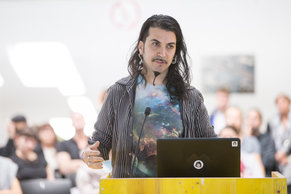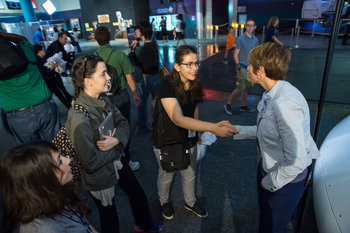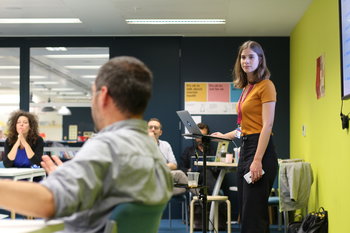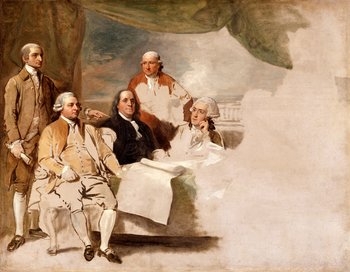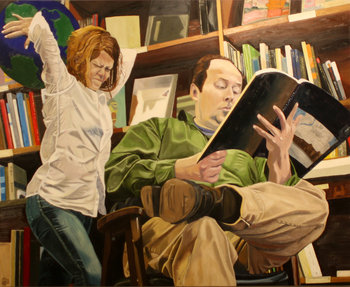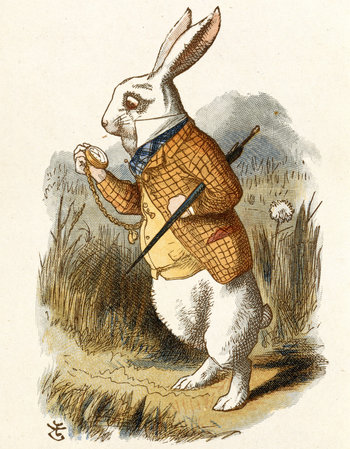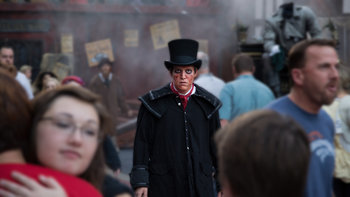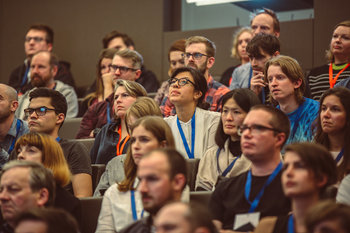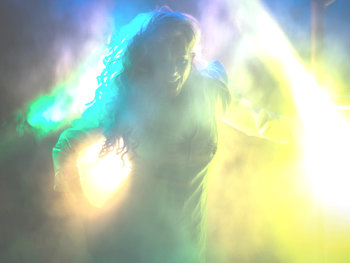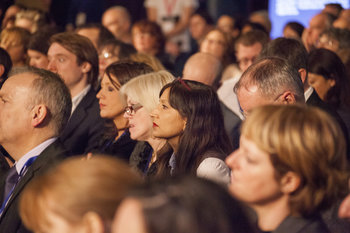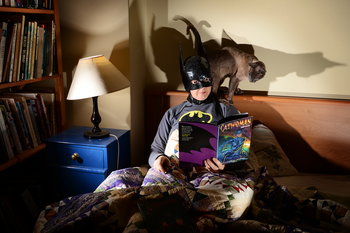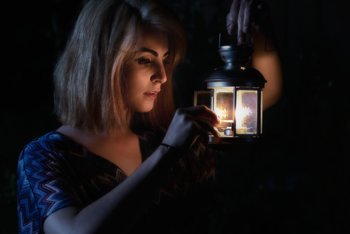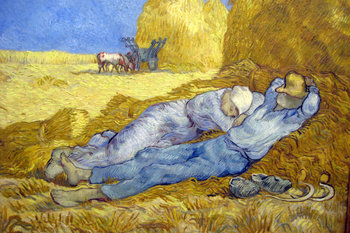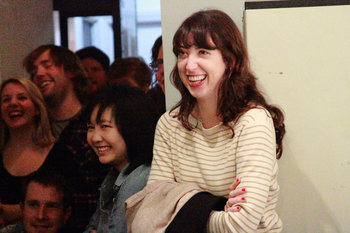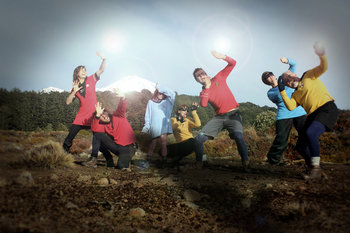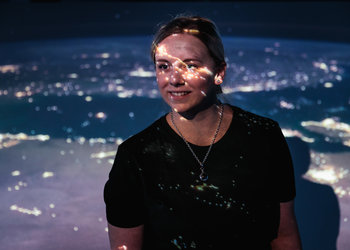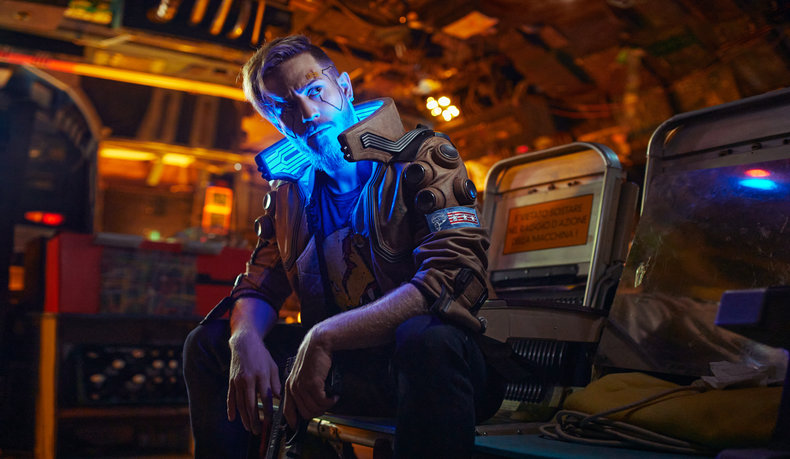
The Matrix
A 1999 science fiction film based on the idea that the world is a simulated reality designed by machines to trap and pacify humans. This is loosely based on Plato's Allegory of the Cave where a group of people are trapped in a cave watching shadows on a wall that become their entire reality.The Nine Billion Names of God
A 1953 short story by Arthur C. Clarke based around a group of Tibetan monks who believe that the purpose of the Universe is to list all the possible names of God. These are up to nine characters in length and must be written out by hand. The monks believe this process will take another 15,000 years as they identify 9 billion possible combinations. However, they rent a computer from Westerners and this completes the process quickly. When the process finishes, they look up at the night sky and the stars are all fading out.Minority Report
A 2002 film known for introducing the concept of precrime to audiences. In the film "criminals" are arrested before they commit a crime based on foreknowledge of the crime provided by three psychics called "Precogs."The Hitchhiker's Guide to the Galaxy
A sense of wonder can be triggered by humor such as parody. For example, in the 1979 book The Hitchhiker's Guide to the Galaxy a supercomputer is asked to compute "the answer to the ultimate question of life, the universe and everything." The computer calculates for 7.5 million years and returns the answer "42." This can be considered a criticism of the use of computation to answer qualitative questions that require human thought. Nevertheless, some fans of the series consider 42 an extremely significant number.Frankenstein
In Mary Shelley's Frankenstein a scientist creates life and is then horrified by what he has made. This was published in 1818 when Mary Shelley was 20 years old and is considered one of the first science fiction novels. Frankenstein is considered remarkably visionary for its time and addresses ethics that are applicable to modern technology risks in areas such as artificial intelligence.The Mote in God's Eye
A 1974 science fiction book that describes an advanced race of aliens called the Mote who appear at first to be willing to offer human's advanced technology and friendly advice. The Mote often tell stories about a mysterious concept they call "Crazy Eddie." Stories about Crazy Eddie typically refer to repeated cycles of collapse of Mote civilization that occurred throughout their history. These cycles are viewed as inevitable and it is pointless trying to prevent them. Mote spacecraft have a feature known as a "Crazy Eddie Drive." If you use it, the spacecraft disappears and it is unknown where it goes. Each time that Mote civilization collapses and recovers, the Crazy Eddie Drive is reinvented.Notes
Science fiction that triggers a sense of wonder in audiences can become widely known and imitated such that future audiences may consider the story completely obvious.| Overview: Science Fiction | ||
Type | ||
Definition (1) | Storytelling that explores imaginative concepts that are often grounded in science and technology. | |
Definition (2) | Storytelling that explores imaginative themes designed to invoke a sense of wonder in audiences. | |
Also Known As | Sci-fi Sci-Fi | |
Related Concepts | ||

